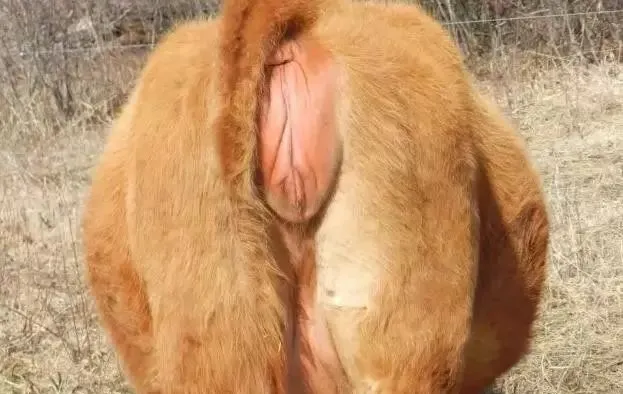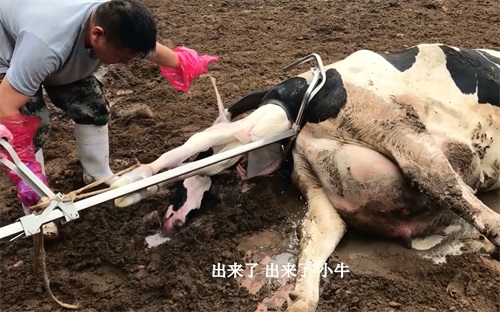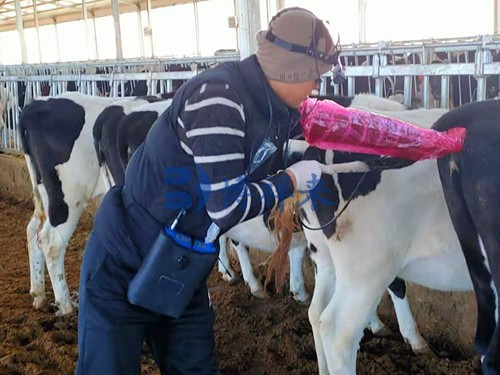Veterinary ultrasound technicians play a vital role in modern animal healthcare, especially on farms where accurate reproductive and diagnostic information is essential. From confirming pregnancies in dairy cows to diagnosing soft tissue injuries in horses, ultrasound techs support veterinarians and livestock managers in making timely, informed decisions.
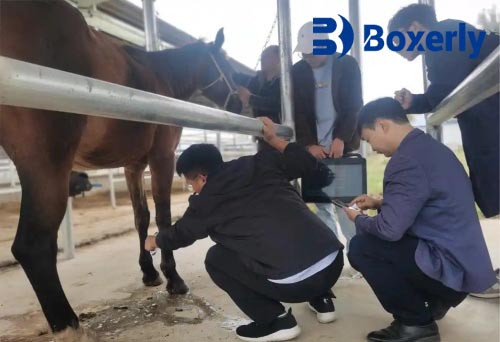
If you’re passionate about animals and interested in combining hands-on care with technology, becoming a veterinary ultrasound tech might be the perfect career path. Here’s what you need to know.
1、Understand the Role
A veterinary ultrasound technician specializes in performing diagnostic imaging using ultrasound equipment. In farm settings, this includes scanning for pregnancy detection (e.g., checking for open cows or monitoring fetal development), identifying uterine infections, and helping assess the reproductive health of breeding animals like bulls, sows, mares, and ewes.
You’ll also be called upon for non-reproductive evaluations—such as tendon injuries in horses, abscesses in sheep, or organ diagnostics in sick pigs.
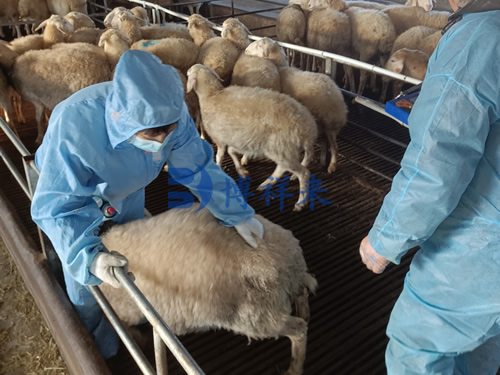
2、Get the Right Education
While some ultrasound techs are trained on the job, most employers prefer candidates who have formal training. Here are common pathways:
(1)Associate or Bachelor’s Degree in Veterinary Technology (usually 2–4 years)
(2)Specialized Certification in Veterinary Sonography or Animal Ultrasound
(3)Continuing Education (CE) courses in large animal ultrasonography, especially for bovine and equine use
Look for programs accredited by the American Veterinary Medical Association (AVMA) if you're in the U.S., or equivalents abroad.
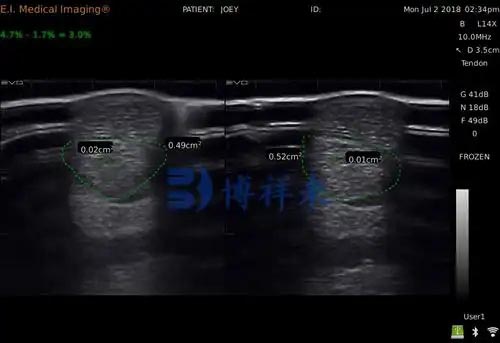
3、Gain Hands-On Experience
On-the-job training is crucial, especially for large animal work. Many ultrasound techniques require skilled palpation and an understanding of anatomy in cattle, pigs, horses, and more.
You might:
(1)Work under a large animal vet or reproductive specialist
(2)Assist with herd health checks
(3)Practice scanning during the cow’s voluntary waiting period (typical 45–60 days postpartum) to assess readiness for breeding
(4)Learn how to detect early pregnancy (as early as 28–30 days post-breeding in cows)
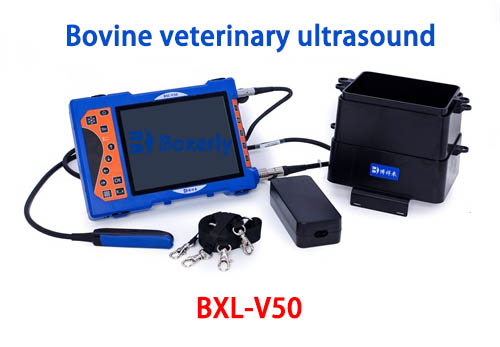
BXL-V50 Veterinary Ultrasound Equipment
4、Consider Certification
While not always required, certification adds credibility. Organizations like the American Registry for Diagnostic Medical Sonography (ARDMS) or specific veterinary ultrasound institutes offer credentials.
Some large-animal-focused courses provide certification in bovine reproductive ultrasound, which can be especially valuable for herd managers or mobile vet techs.
5、Invest in the Right Equipment (If Going Independent)
Many ultrasound techs work independently, offering mobile services to farms. If you’re going this route, you’ll need to invest in:
(1)A portable veterinary ultrasound machine (rugged, with rectal probe options for cattle)
(2)Power source for field use (battery or inverter setup)
(3)Protective gear (especially for rectal exams)
Popular brands include E.I. Medical, IMV Imaging, and ReproScan—trusted for their farm-tough designs.
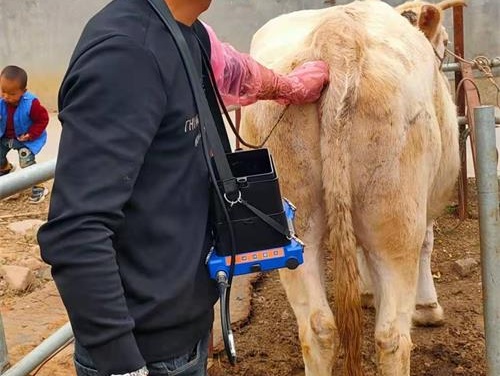
6、Stay Updated
Animal husbandry practices and diagnostic tools are always evolving. Attend workshops, join veterinary networks, and stay current with technologies like 3D imaging or Doppler ultrasound, which are increasingly used in equine sports medicine and high-performance livestock.
7、Build Your Reputation
Especially in rural and agricultural communities, word of mouth is everything. Be professional, punctual, and precise. Over time, you'll become an essential part of local livestock management—especially during breeding and calving seasons.
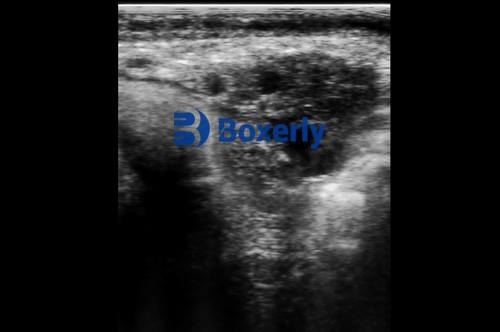
Conclusion
Becoming a veterinary ultrasound tech offers a hands-on, tech-forward role in the agricultural and animal healthcare world. Whether you're scanning for early pregnancy in dairy cows or helping equine athletes recover from injury, your work makes a real difference. With the right training, experience, and dedication, you can turn this into a rewarding, impactful career.

